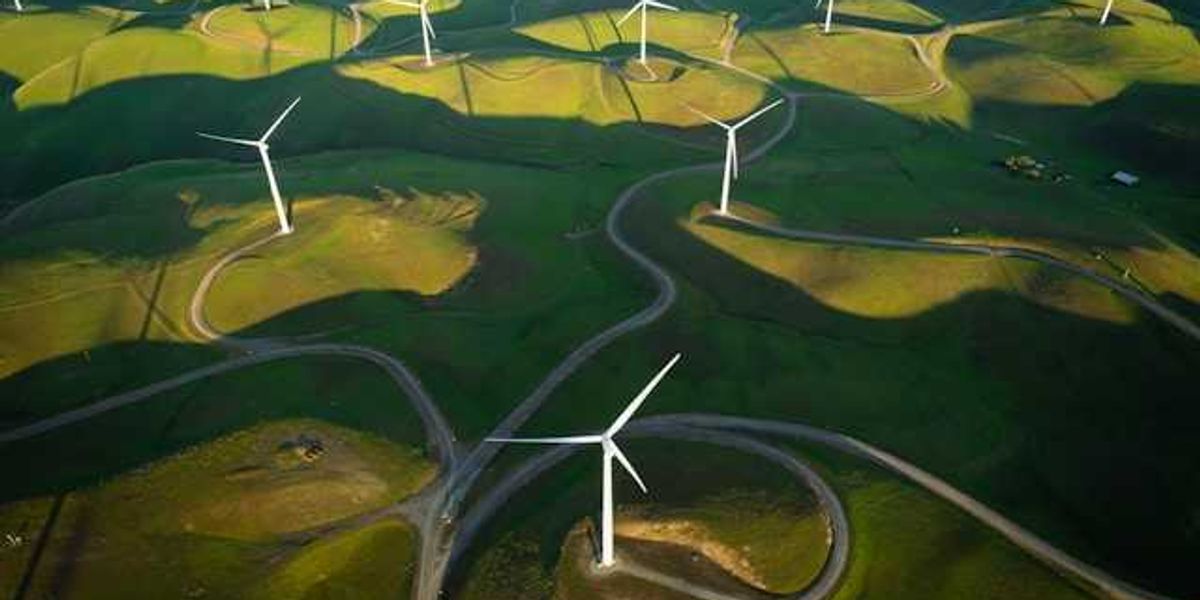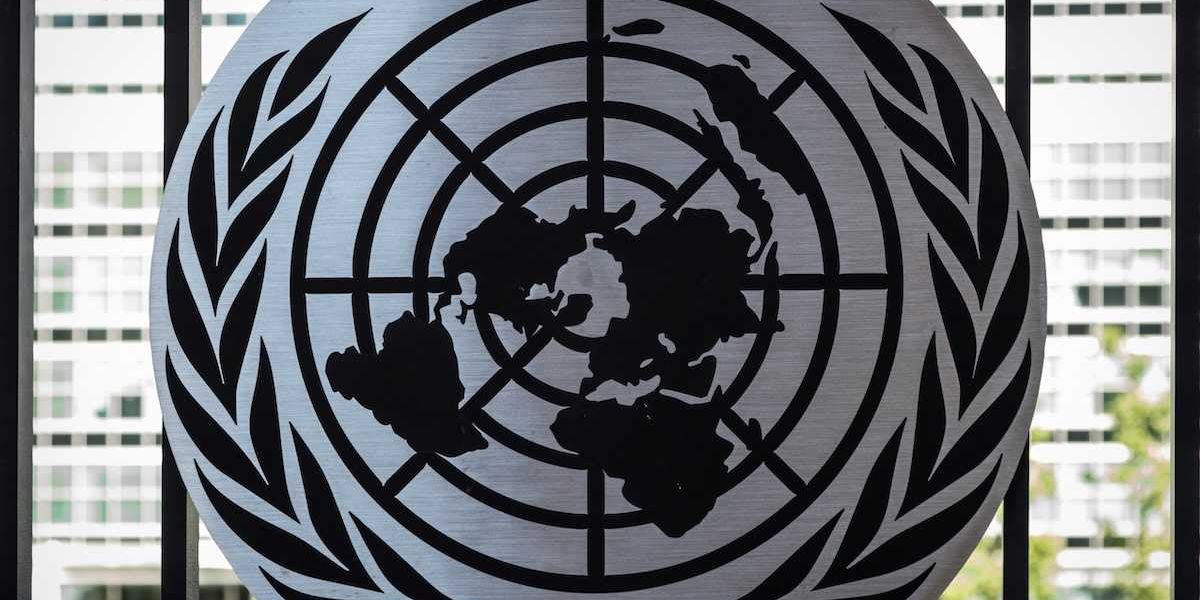banks
Banks continue funding fossil fuels despite global climate agreements
Nearly $7 trillion has been funneled to fossil fuel companies by major banks since the Paris climate agreement, intensifying the global climate crisis.
In short:
- The report highlights that $3.3 trillion of the total financing was aimed at expanding fossil fuel operations.
- U.S. banks lead this financing, with JP Morgan Chase providing the largest sum in 2023.
- European banks, with Barclays at the forefront, contributed a quarter of the fossil fuel financing last year.
Key quote:
“Financiers and investors of fossil fuels continue to light the flame of the climate crisis."
— Tom BK Goldtooth, executive director of the Indigenous Environmental Network
Why this matters:
The persistent investment in fossil fuels threatens to exceed the global heating limits set by the Paris agreement, potentially leading to irreversible environmental damage. This financial support is often justified as necessary for economic growth and energy security in recipient countries. However, critics argue that it locks us into a future dependent on fossil fuels, which are detrimental to the environment and global health.
Banks pressured to tighten climate strategies for agriculture sector
Despite constituting a small fraction of their portfolios, big banks' financing of the industrial livestock industry plays a disproportionately large role in global greenhouse emissions, a recent environmental report reveals.
In short:
- A new report indicates big banks' funding of the industrial livestock sector is significant for its climate impact, despite being a minor part of their loan portfolios.
- Among the banks, three major ones account for 60% of financial backing to the largest animal agriculture companies, which are key in emissions.
- Proposed solutions include mandatory emissions reporting and reduction plans for these companies, aligning with global climate objectives.
Key quote:
"We're saying to them, 'Look, this is something that is a very, very tiny portion of your portfolio, but could actually make massive strides towards your own stated climate commitments,'"
— Monique Mikhail, campaigns director of Friends of the Earth’s Agriculture & Climate Finance program
Why this matters:
The financing from major banks helps sustain and expand these operations, directly linking them to the environmental impact associated with industrial livestock farming. This support extends not only to the farms themselves but also to the entire supply chain, including feed production, animal breeding, meat processing, and distribution networks, all of which contribute to the carbon footprint of the industry.
Texas' stance against 'anti-fossil fuel' banks may cost billions in taxpayer dollars
In a bold move against banks deemed unfriendly to fossil fuels, Texas's actions could lead to a staggering $22 billion in additional taxpayer costs.
In short:
- Texas has blacklisted financial institutions that limit dealings with fossil fuel companies, impacting major banks like UBS.
- The state's stance led to legal disputes and financial penalties, including an $850,000 settlement with UBS.
- Economists predict this policy could result in Texas taxpayers facing up to $22.5 billion in extra interest payments over 30 years.
Key quote:
“If you're going to be anti-fossil fuels, if you're going to demand certain policies before you loan companies money, then we're not going to do business with you. That's a policy that we took to protect our oil and gas industry."
— Lt. Gov. Dan Patrick
Why this matters:
Texas's aggressive stance against 'anti-fossil fuel' banks highlights the complex interplay between environmental policies and economic repercussions. This stance could burden taxpayers with billions in extra costs, raising questions about the balance between environmental advocacy and fiscal responsibility.
Major pipelines hit legal snags. But it’s business as usual in Texas.
Banks pouring trillions to fossil fuel expansion in global south, report finds
Developing countries are often on the frontlines of the climate crisis yet lack the resources to enact climate action plans. As such, they require trillions of dollars in aid to decarbonize their economies and adapt to a warming world.
Japan's three mega-banks to face votes on climate change
A coalition of climate groups are stepping up pressure on Japan’s top three banks to cut financing linked to fossil fuels, filing shareholder resolutions to be voted on at the companies’ annual general meetings in June, sources said on Monday.
These global banks made emission pledges. They still invest billions in Gulf Coast LNG exports
By the end of the decade, the Gulf Coast could see as many as 12 new liquefied natural gas terminals built along its shores.
U.S. firm quits Indonesian gasification project in major blow to coal ambitions
The Indonesian government has looked to coal gasification to create market demand for downstream coal, but analysts warn such projects are unlikely to be financially viable, especially as major global investors turn away from coal.









